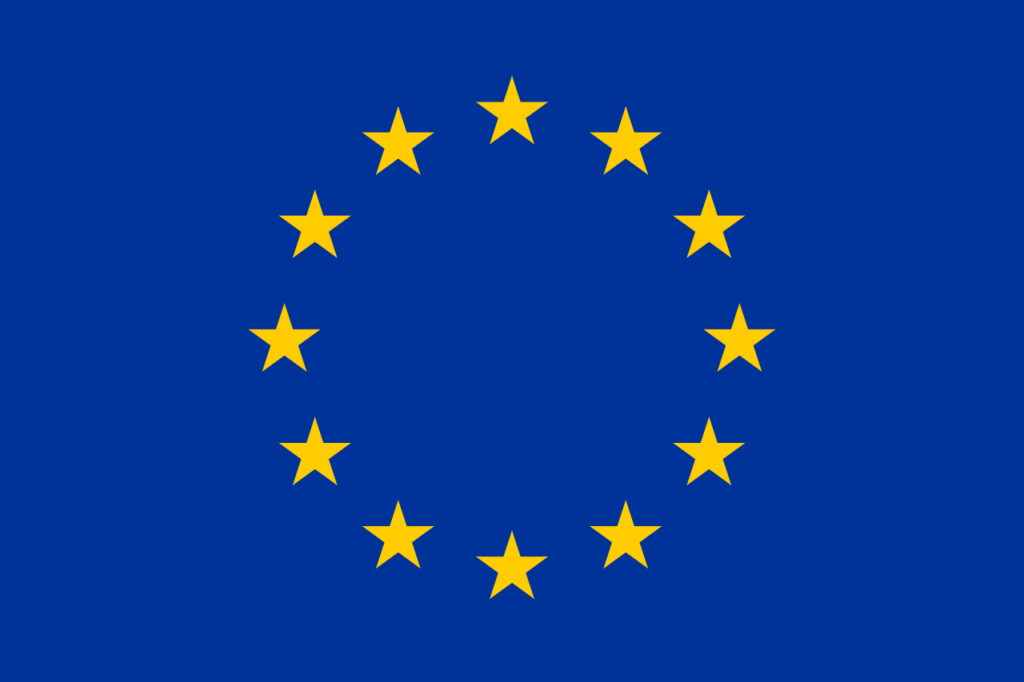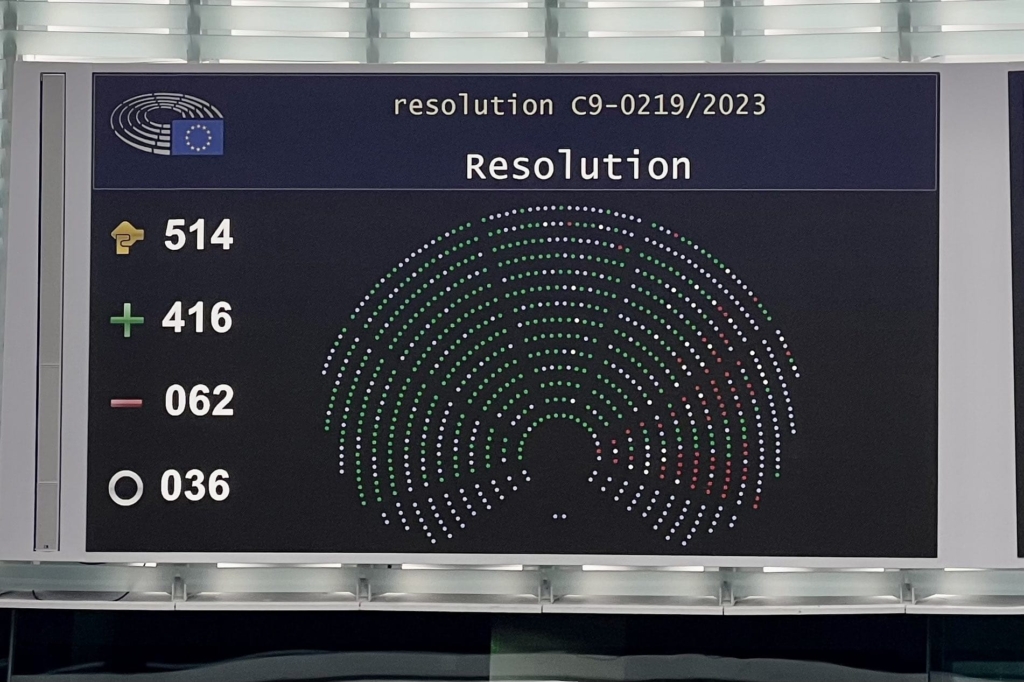Europe’s Parliament seeks wider role in global fight against anti-gay laws
Moïse Manoël-Florisse, is an African-Caribbean online journalist keeping an eye…
Resolution calls for new fund to push for LGBTQ rights worldwide

- Sanctions against supporters of Uganda’s Anti-Homosexuality Law.
- The same for officials of other nations that deny human rights to LGBTQ people.
- Revived diplomacy seeking repeal of anti-gay laws worldwide.
- A European fund to support that effort.
- An end to capital punishment.
Those are aspects of a resolution that the European Parliament passed this spring.
In an interview, Pierre Karleskind, a French member of the European Parliament affiliated with the liberal Renew Europe group, explains why he proposed the resolution and what he hopes it will accomplish.
The resolution passed by an overwhelming 416-62 vote on April 18, at a time when parts of Europe and Africa were already experiencing a backlash against the rights of sexual and gender minorities.
Erasing 76 Crimes: What is your background?
Pierre Karleskind: Before becoming a member of the European Parliament in 2019, I was an oceanographer. As an MEP, I am interested in issues related to fisheries and oceans, as well as human rights. I am not completely new in politics, because before joining the presidential party under the colors of [the French liberal-centrist political party] Renaissance, I was in the Socialist Party, as a former city councilor in Brest and former regional councilor in Brittany.
Erasing 76 Crimes: What was the objective of your recent resolution entitled “Resolution on the universal decriminalization of homosexuality in the light of recent events in Uganda”?

Pierre Karleskind: The European Parliament to the second-largest electoral body in the world after the Indian parliament, with 705 members. It is a democratic assembly that represents nearly 450 million Europeans. We vote on laws and we can be influential with the European Commission.
One Thursday a month, a plenary meeting is held in Strasbourg, where it is possible to pass urgent resolutions concerning human rights, such as the one that concerns us, due to the adoption by the Ugandan parliament of a law penalizing homosexuality with the death penalty.
Even though this resolution has a symbolic role, it is a way to show the most oppressed minorities that we are on their side, throughout the world. In addition, on April 18, all parliamentary groups that agreed on this resolution supported the universal decriminalization of homosexuality, although in this case Uganda was targeted.

This resolution simply quotes and repeats the major principles set out in numerous international texts, particularly with regard to the principle of non-discrimination. I am thinking for example of the African Charter on Human and Peoples’ Rights. However, this allows the European Parliament to communicate its position in a clear and transparent way on the subject, while 11 countries still have provisions that provide for the death penalty for homosexuality.
Erasing 76 Crimes: What does this resolution contain?
Pierre Karleskind: The resolution stipulates, among other things, the abolition of the death penalty, the strengthening of international diplomacy in favor of the universal decriminalization of homosexuality, with the involvement, if possible, of the United Nations in this issue.
Regarding Uganda, the resolution calls for a firm sanctions regime against this country, as well as against other states that continue to penalize homosexuality. Also, more than ever, the resolution calls for free trade or preferential customs agreements to be made subject to respect for human rights.
In addition, the resolution calls for the European regime to extend sanctions to include visas and travel bans on European territory for political leaders, as well as those from civil society, who are behind the introduction of the proposed law in Uganda.
Finally, the resolution calls on Europe to be ambitious in its diplomacy, with the mention of a fund in favor of the universal decriminalization of homosexuality, for activists and lawyers who undertake to bring cases before local courts, to have LGBTphobic laws abolished.
Erasing 76 Crimes: What political follow-up do you intend to give to this resolution?
Pierre Karleskind: At the European level, our diplomacy must be less passive. We hope for a change in this direction from Josep Borrell, who is the vice-president of the European Commission, as well as the European Union’s representative for foreign affairs and security policy.
Finally, at the United Nations, we must move forward on issues related to international trade, with more suspensive clauses in case of worsening human rights violations.




